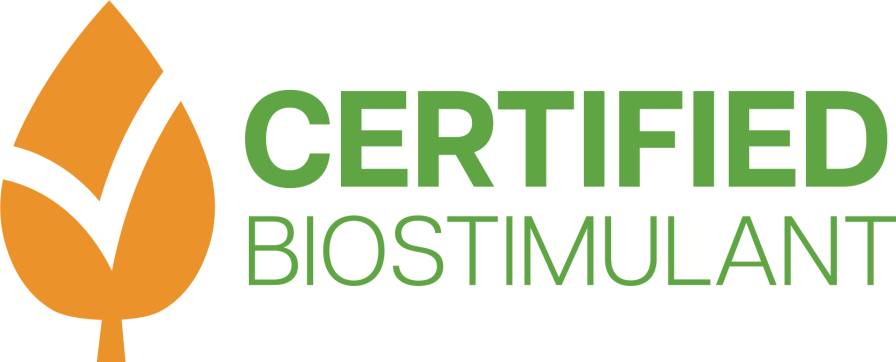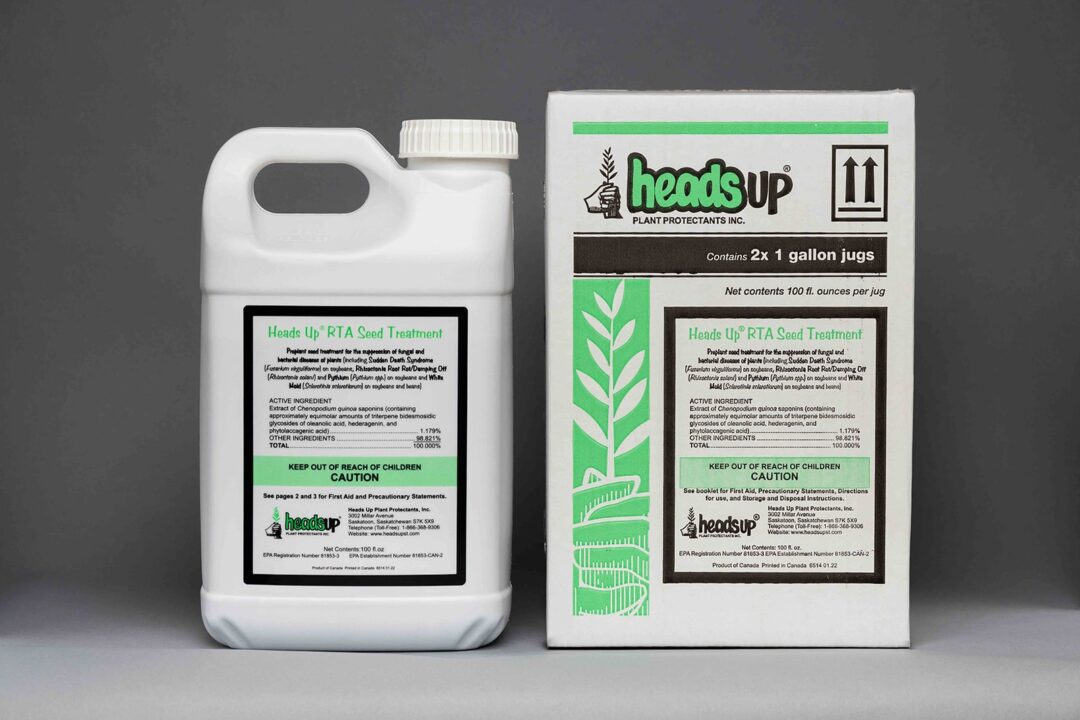Ag Data and Technology Are Not on Pace to Replace the Trusted Adviser
Last month The Fertilizer Institute (TFI) did what precious few national agriculture associations have ever done — ventured to my beloved hometown of Cleveland to conduct an educational conference.
It was the fourth-annual 4R Summit, and, truth be told, hosting this event on the shores of Lake Erie is more than appropriate, given the challenges this body of water has faced from nutrient intrusion and the earnest statewide industry programs designed to try to curb the problem.
I was sitting in on a session focused on the economics of 4R, featuring perspective both from farmers and retailers. During the course of the conversation, Brent McGowan, current Vice Chairman of TFI and Vice President of Operations at Wilbur-Ellis, shared a perspective on the evolving nature of the relationship between customer and service provider.
His corollary was the patient-doctor relationship leading up to an appointment. In today’s internet-centric world, the patient will almost inevitably begin a process of self-diagnosis through Google searches. Sites like WebMD and MayoClinic.com provide a cornucopia of information that matches every ache, pain, and malady to specific diseases and conditions.
By the time the patient is in the doctor’s office, his or her mind is filled with speculation: Is my headache from allergies? Or a tumor? Or an aneurism? On the net, the possibilities are endless.
So, at the front end of the patient interaction, the doctor’s job has become infinitely more complex. Instead of just focusing on the current symptoms, the doctor often has to find out what the patients have “learned” about their ailments, and what they THINK they might have, to separate the facts of the problem from the likely erroneous conclusions they may have already embraced.
As an aside, I’m guilty as charged. I’ve gone into the office and said, “Doc, I think I have [fill in the blank],” which is immediately followed by the doctor’s deep sigh and a reach for the blood pressure machine.
My point here is two-fold: For agronomists, who are essentially plant and soil doctors, the internet is also alternatively a blessing and a curse. So much information but also soooooo much (mis)information. Our patients, the farmer-customers, might bring some of that to one-on-one meetings, and a big piece of the value we provide is being able to reinforce and build on the good information and re-tool or put aside what’s false or not applicable to a farmer’s plans.
The second point is data and technology are not on pace to replace the trusted adviser by any means. The availability of information and access to tools that provide farmers more insight into their operations provides us the opportunity to step up our game … to be more focused on the professional services we provide that truly add value.
I look around at crop production today and see nothing but growing complexity. We’re the valued experts that cut through the clutter and deliver value-driven recommendations. And that’s not changing anytime soon.






